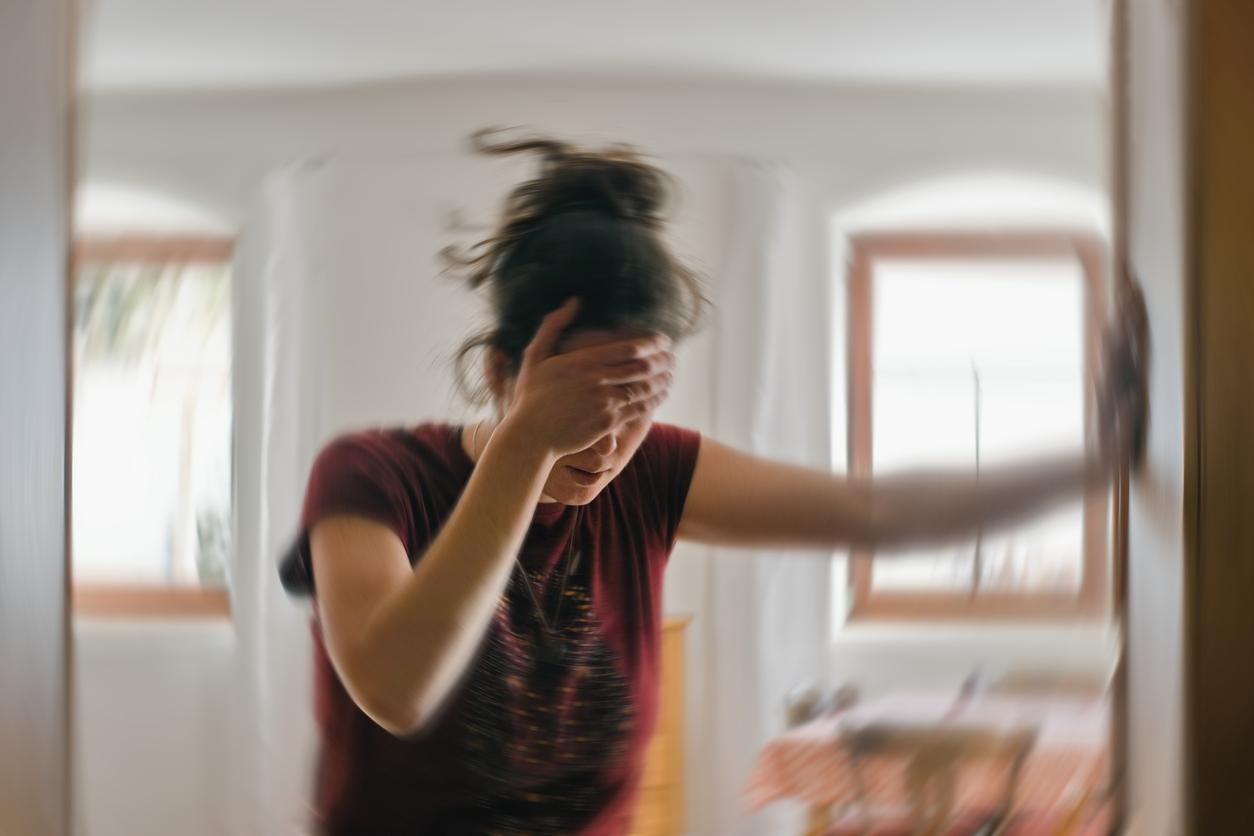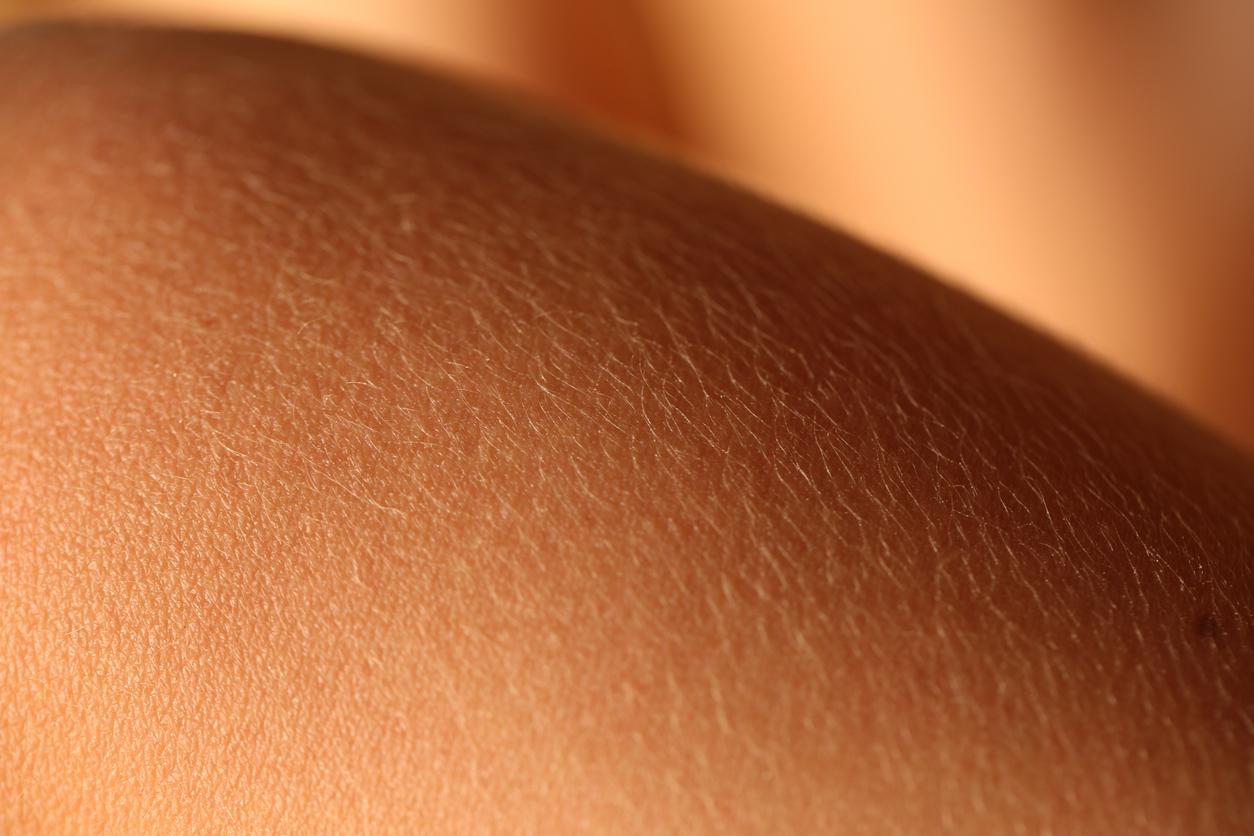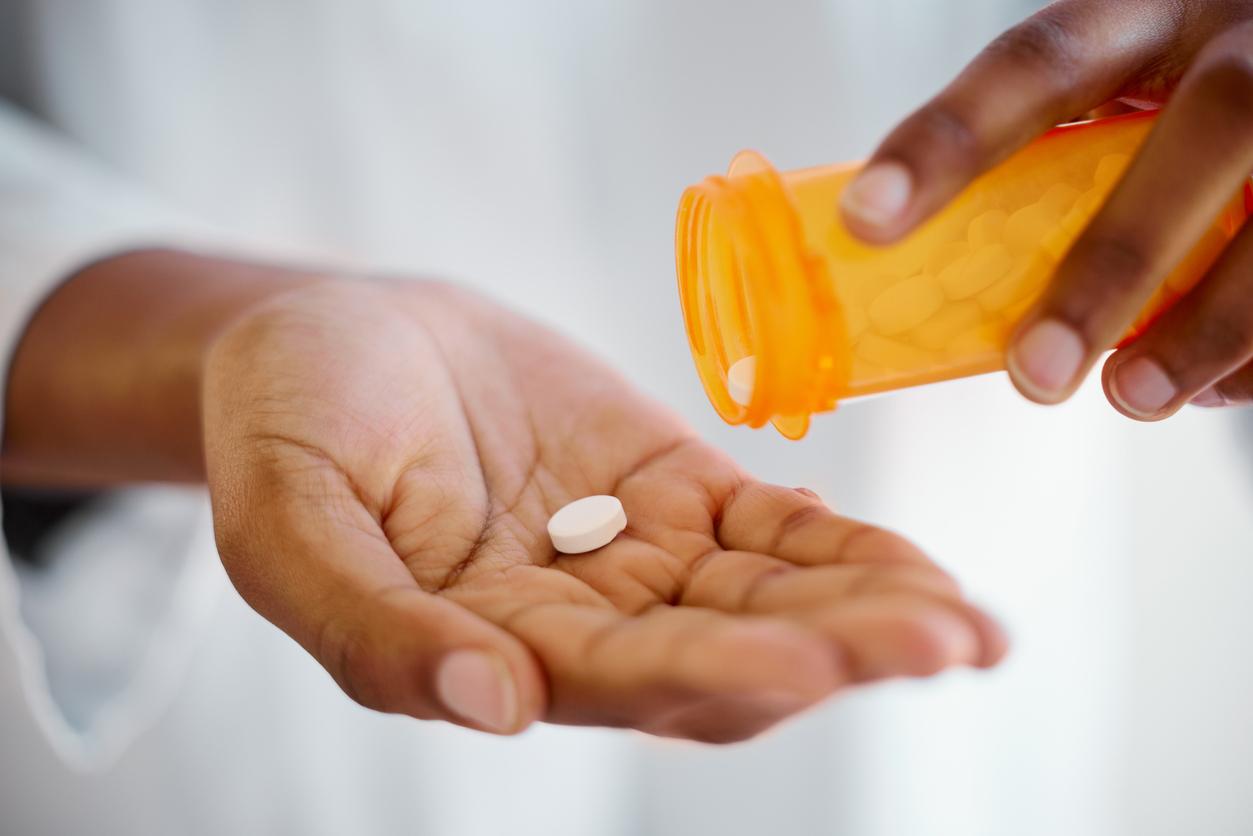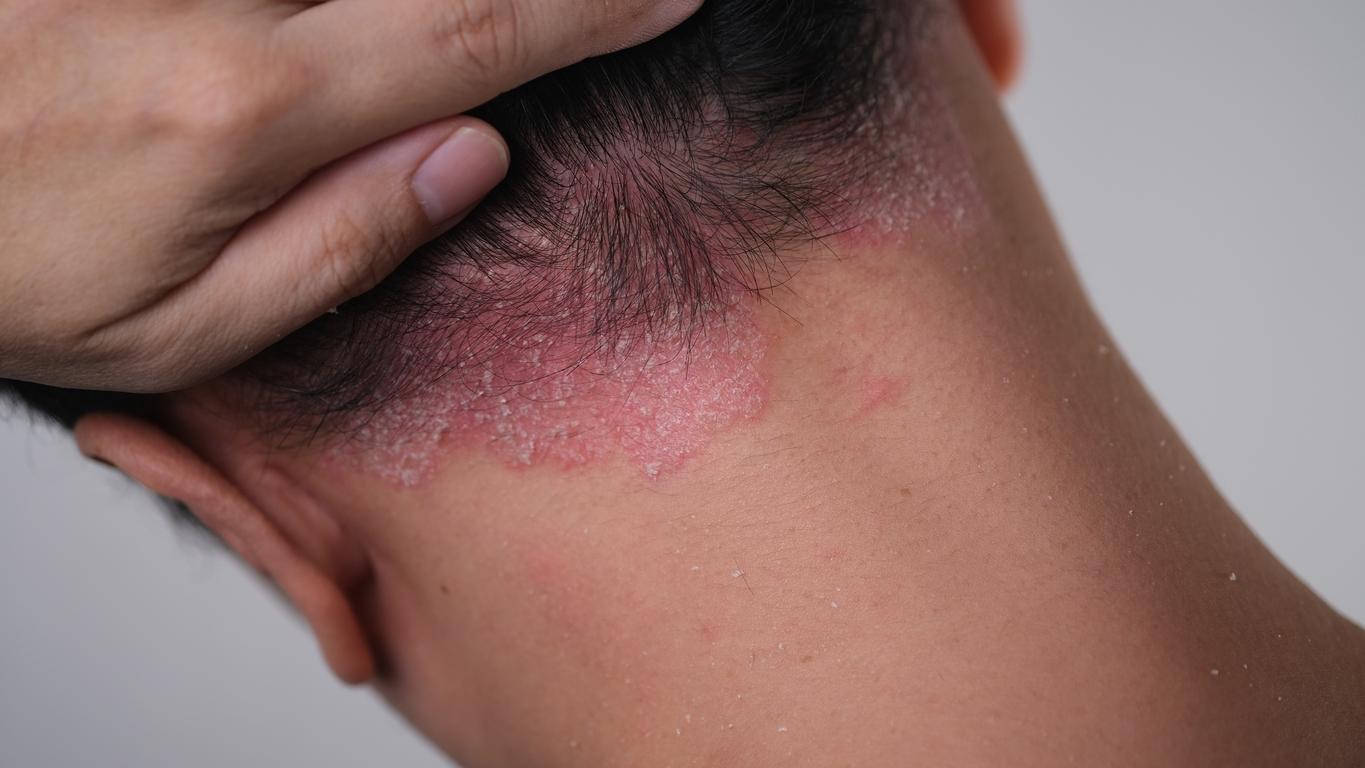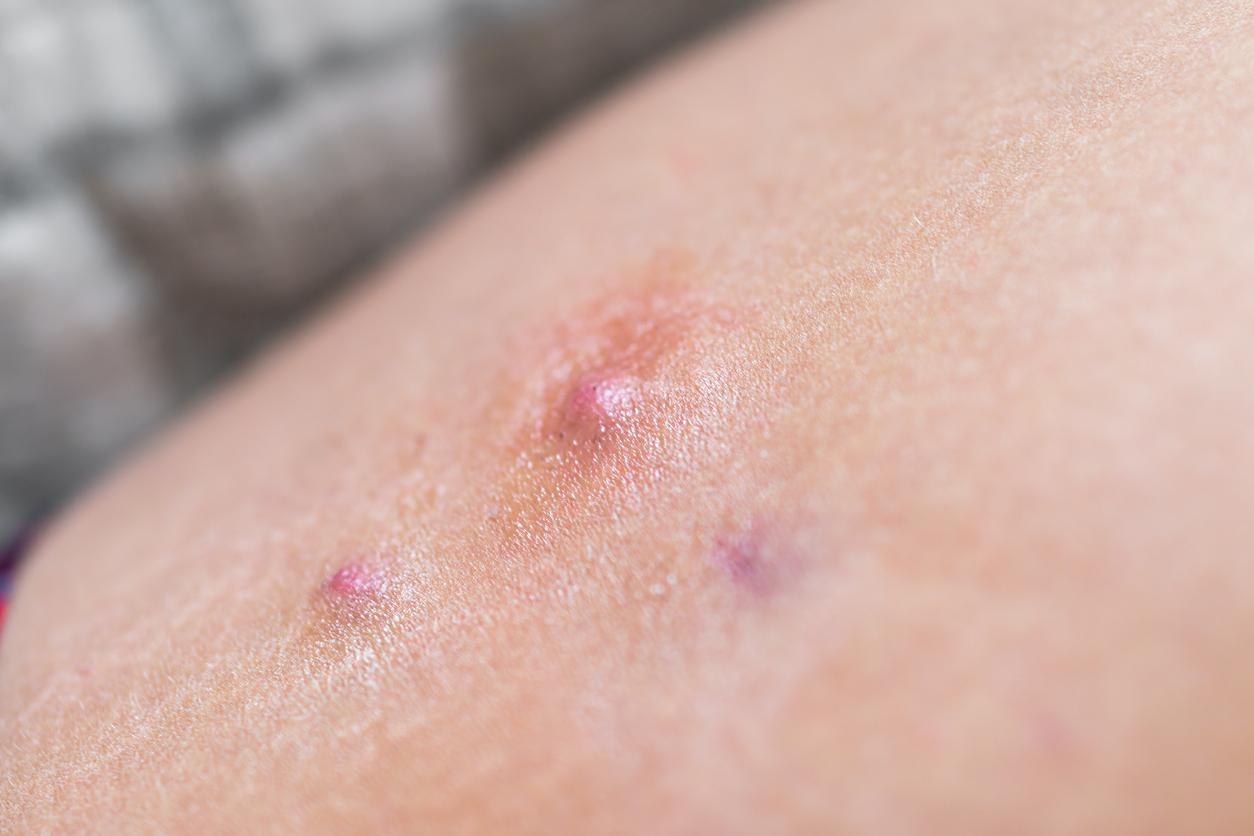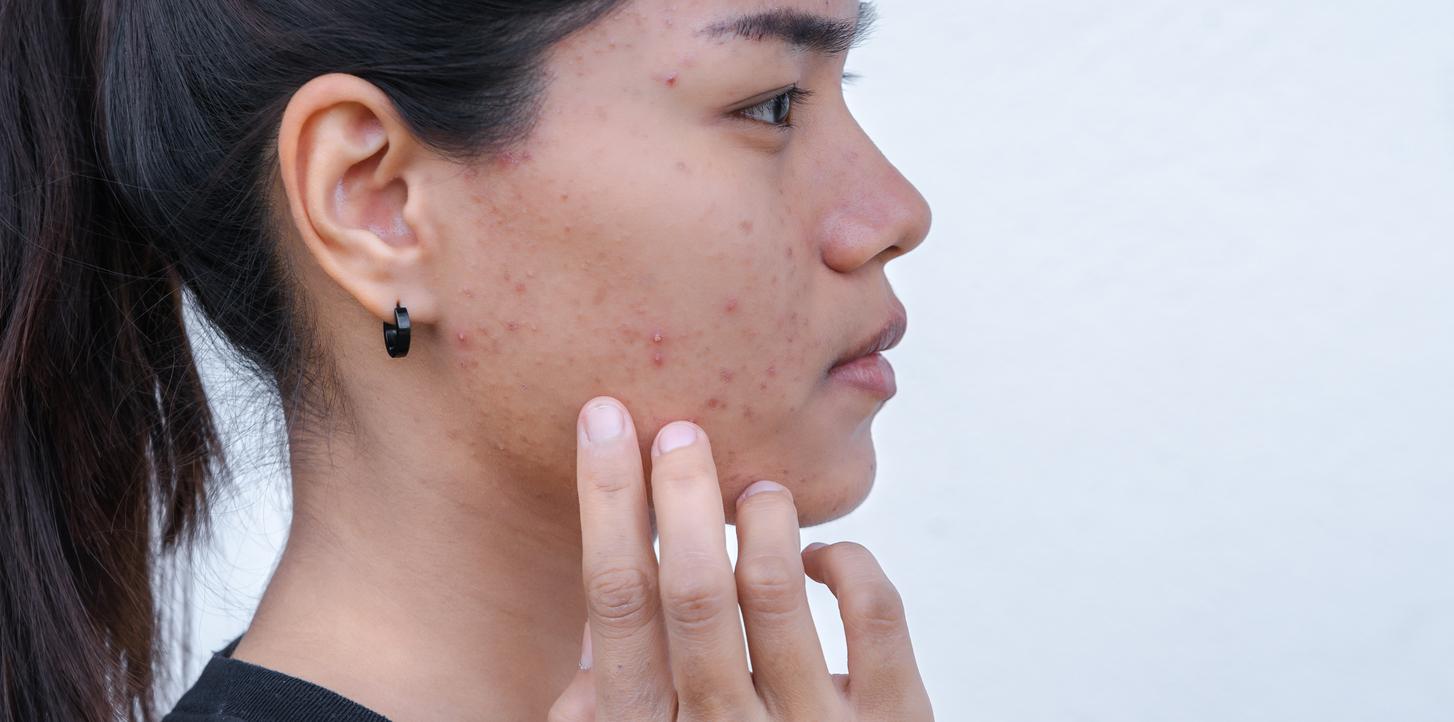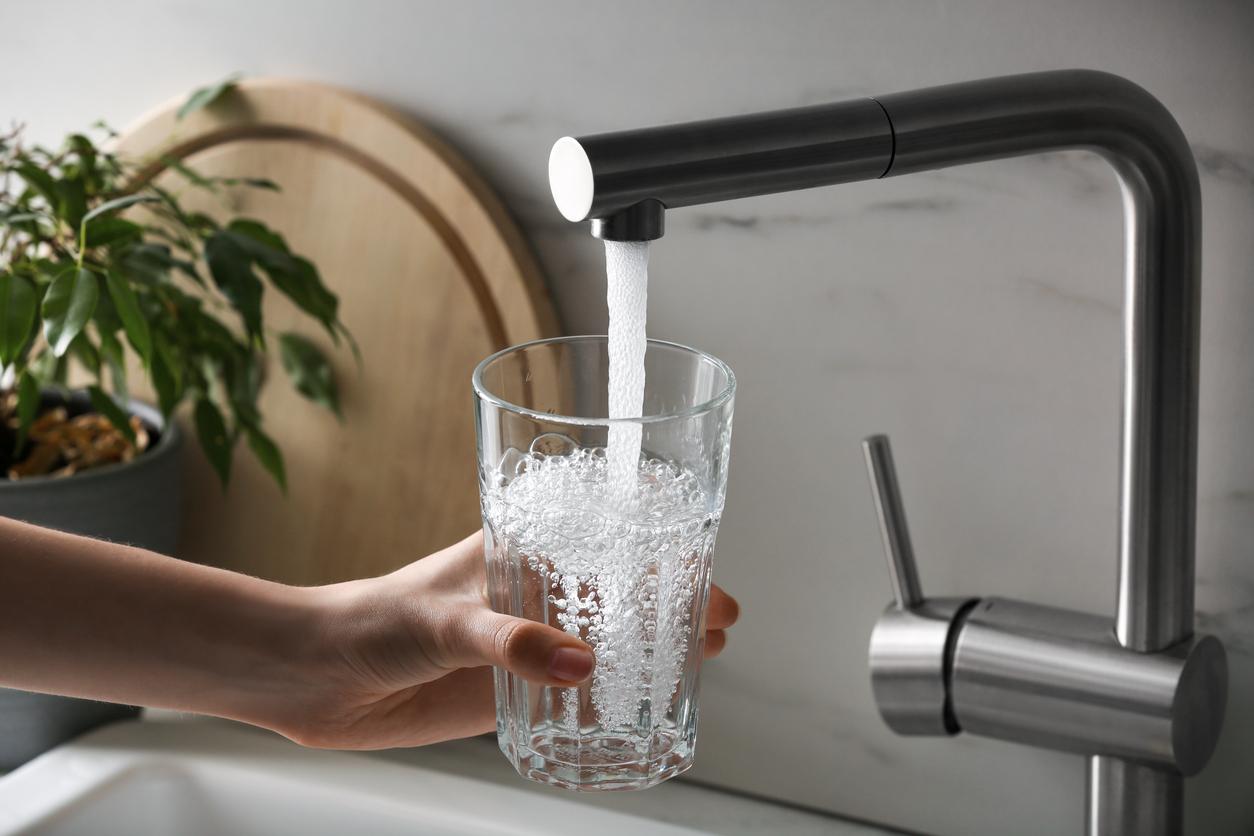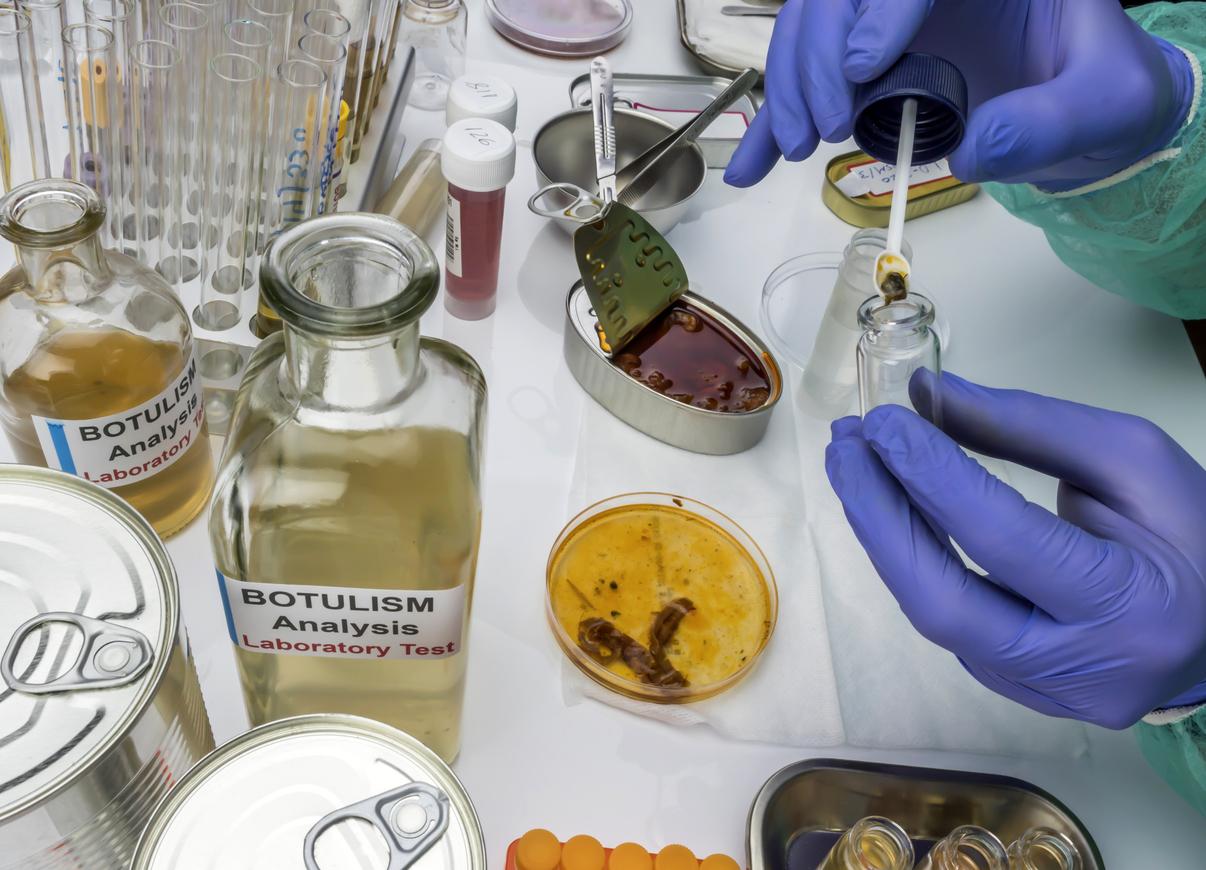A sunburn is a more or less serious burning of the skin while a sun poisoning is more serious, with symptoms such as headache, chills, nausea, dizziness, dehydration, etc.
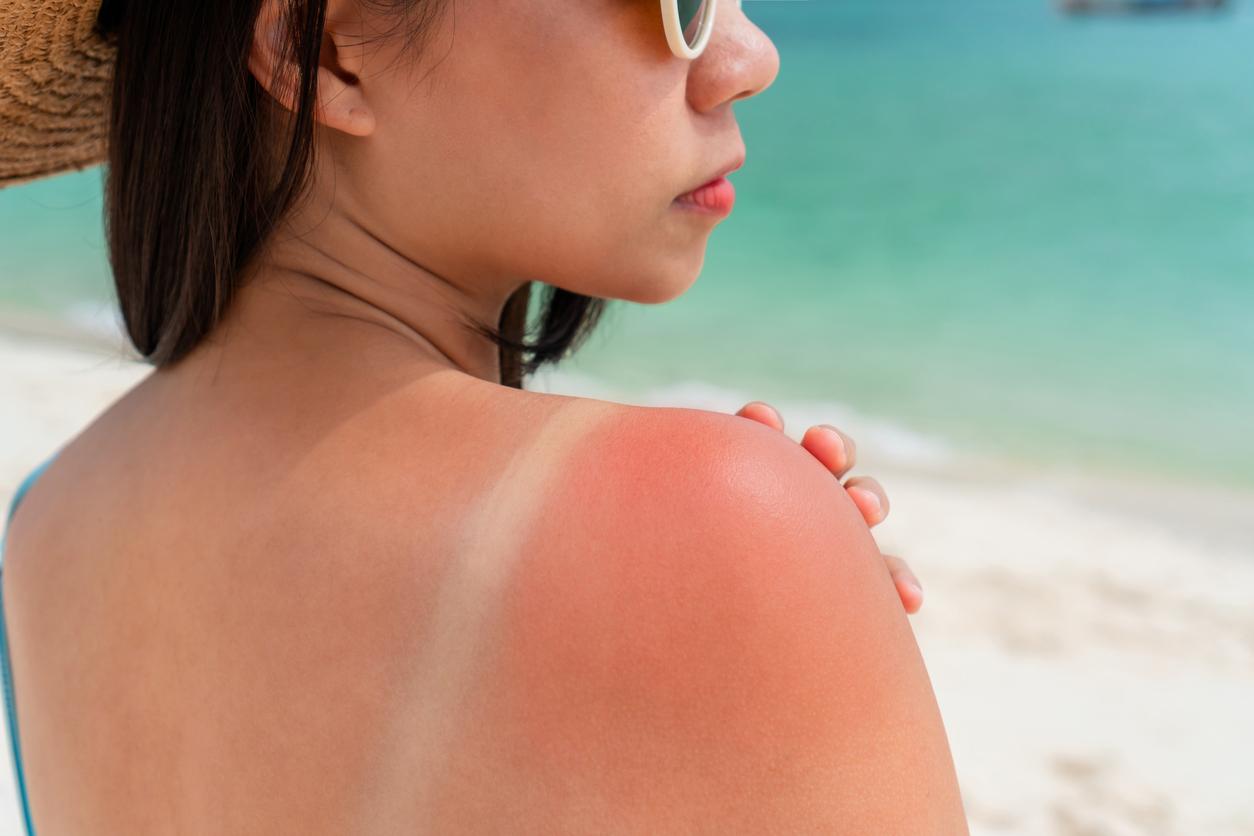
- A sunburn is a more or less serious burn of the skin.
- Sun poisoning manifests with more severe symptoms like chills, nausea, dizziness, dehydration, etc.
- To avoid this type of inconvenience, avoid exposure to the sun between noon and 4 p.m. and always protect your skin with sunscreen.
In summer, the sun can be dangerous. Those who overexpose themselves to it risk sunburn and, in more severe cases, sun poisoning. The first is a skin burn, more or less severe. It is caused by exposure to UVB rays from the sun. Symptoms are redness, itchy pain and sometimes blisters. L’sun poisoningit is more serious.
Sun poisoning, more serious than sunburn
Like sunburn, sun poisoning shows up as redness, blistering and pain. But he also has headaches, fatigue, faster heartbeat, chills, nausea, dizziness and dehydration as symptoms.
“At first, sun poisoning may look like a sunburn, but it will lead to more redness and irritation, explain it taylor bullock dermatologist. Soon after, many blisters, small or large, will appear because the skin is inflamed. Once the blisters on the skin have broken open, the skin will peel.”
Treat and prevent sun poisoning to protect your skin
To treat sunburn and poisoning, it is imperative to stay out of the sun until the symptoms subside and not to scratch the itchy blisters. For pain, a pharmacist can give you medication such as painkillers. You can also pass cold on the blisters, with water or compresses, or apply creams or gels – also ask the pharmacist – to relieve the burning sensation and help the wounds heal. Finally, do not hesitate to drink because hydration is very important to heal.
For the most severe cases of sun poisoning, doctors may prescribe curative drug treatment – including antibiotics – or intravenous hydration treatments, for severely affected patients.
Whether it’s sunburn or poisoning, rest assured, both are preventable and the advice is the same! L‘Health Insurance recommend to “apply a coat [de crème] thick, 30 minutes before exposure, even if there are clouds, and renew the application every two hours” and D'”avoid exposure to the sun between 12 p.m. and 4 p.m., in summer in metropolitan France.“If your skin is very sensitive, it is best to protect it with clothing, wear a hat or cap and sunglasses.









